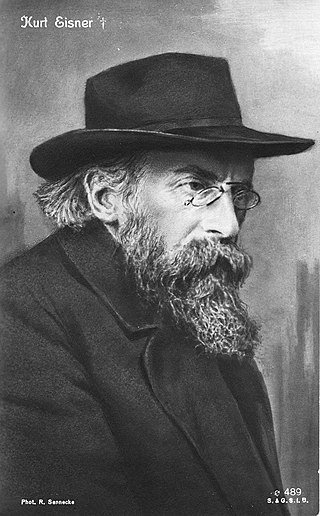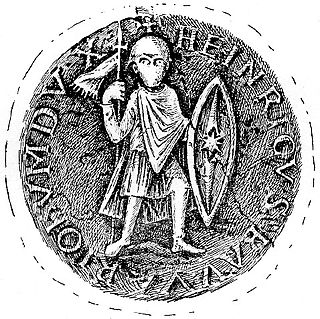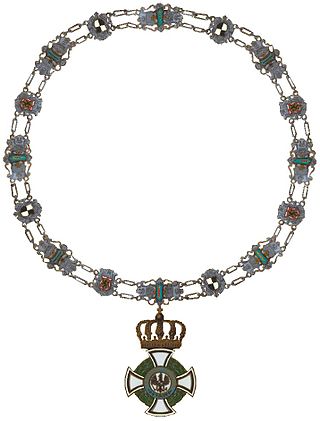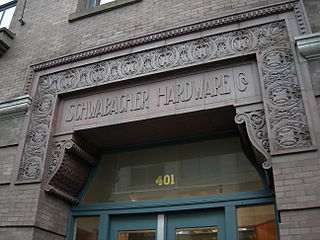
Bavaria, officially the Free State of Bavaria, is a state in the southeast of Germany. With an area of 70,550.19 km2 (27,239.58 sq mi), it is the largest German state by land area, comprising roughly a fifth of the total land area of Germany, and with over 13.08 million inhabitants, it is the second most populous German state, behind only North Rhine-Westphalia; however, due to its large land area, its population density is below the German average. Major cities include Munich, Nuremberg, and Augsburg.

Bavarian, alternately Austro-Bavarian, is a major group of Upper German varieties spoken in the south-east of the German language area, including the German state of Bavaria, most of Austria and the Italian region of South Tyrol. Prior to 1945, Bavarian was also prevalent in parts of the southern Sudetenland and western Hungary. Bavarian is spoken by approximately 12 million people in an area of around 125,000 square kilometres (48,000 sq mi), making it the largest of all German dialects. In 2008, 45 percent of Bavarians claimed to use only dialect in everyday communication.

Kurt Eisner was a German politician, revolutionary, journalist, and theatre critic. As a socialist journalist, he organized the socialist revolution that overthrew the Wittelsbach monarchy in Bavaria in November 1918, which led to him being described as "the symbol of the Bavarian revolution". He is used as an example of charismatic authority by Max Weber. Eisner subsequently proclaimed the People's State of Bavaria but was assassinated by far-right German nationalist Anton Graf von Arco auf Valley in Munich on 21 February 1919.

Central or Middle Bavarian form a subgroup of Bavarian dialects in large parts of Austria and the German state of Bavaria along the Danube river, on the northern side of the Eastern Alps. They are spoken in the 'Old Bavarian' regions of Upper Bavaria, Lower Bavaria and in the adjacent parts of the Upper Palatinate region around Regensburg, in Upper and Lower Austria, in Vienna, in the state of Salzburg, as well as in the northern and eastern parts of Styria and Burgenland. Before 1945 and the expulsions of the Germans, it was also spoken in Hungary and southern Bohemia and Moravia. It also influenced Austrian German.

David Mark Eckstein is an American former professional baseball player. He was an infielder in Major League Baseball (MLB) for ten seasons. He played college baseball for the University of Florida and played professionally for the Anaheim Angels, St. Louis Cardinals, Toronto Blue Jays, Arizona Diamondbacks, and San Diego Padres. Eckstein won the 2006 World Series Most Valuable Player Award. After retiring from professional baseball, he briefly served as a special assistant in the Pittsburgh Pirates operations department. Eckstein stood at 5' 6" during his playing career, which made him the shortest active player for the years he played.

Henry VII was the count of Luxembourg from 1026 and duke of Bavaria from 1042 until his death. He was a son of Frederick of Luxembourg, count of Moselgau, and possibly Ermentrude of Gleiberg.
Henry, of the House of Ardenne–Luxembourg, was the count of Luxembourg from 998 and the duke of Bavaria from 1004. He was the son of Siegfried I of Luxembourg and Hedwige of Nordgau.

The House Order of Hohenzollern was a dynastic order of knighthood of the House of Hohenzollern awarded to military commissioned officers and civilians of comparable status. Associated with the various versions of the order were crosses and medals which could be awarded to lower-ranking soldiers and civilians.

Germany was the host nation and top medal recipient at the 1936 Summer Olympics in Berlin. 433 competitors, 389 men and 44 women, took part in 143 events in 22 sports.
Dieter Eckstein is a German former professional footballer who played as a striker.
Walter Becher was a German Bohemian politician, representative of the All-German Bloc/League of Expellees and Deprived of Rights (GB/BHE), All German Party (GDP) and the Christian Social Union of Bavaria.
Kurt Faltlhauser is a German politician, representative of the Christian Social Union of Bavaria.

The Schwabacher Brothers—Louis Schwabacher, Abraham (Abe) Schwabacher, and Sigmund (Sig) Schwabacher —were pioneering Bavarian-born Jewish merchants, important in the economic development of the Washington Territory and later Washington state. They owned several businesses bearing their family name, first in San Francisco, then in Walla Walla, Washington, and later in Seattle. Notable among these businesses were Schwabacher Bros. of San Francisco ; Schwabacher Bros. & Company, the Schwabacher Realty Company, the Gatzert-Schwabacher Land Company, and the Schwabacher Hardware Company, all ultimately based in Seattle; and the Stockton Milling Company.

Nathan Eckstein was a German-born American businessman, associated in business and by marriage with the Schwabacher Brothers firm and family. In 1926 he received the honor of being named "Seattle's Most Useful Citizen", an honor sponsored by the Seattle Post-Intelligencer and chosen by service clubs and community organizations. At that time, Seattle's Jewish Transcript called him "the man who has brought the greatest amount of respect and prestige to the Jewish people of Seattle." Seattle's Nathan Eckstein Middle School is named in his honor.

The Albert Order was created on 31 December 1850 by King Frederick Augustus II of Saxony to commemorate Albert III, Duke of Saxony. It was to be awarded to anyone who had served the state well, for civil virtue, science and art.
Gustav Eckstein (1875–1916) was an Austrian social democrat, and associate of Karl Kautsky. Apart from that, Eckstein was also a journalist and scholar.

The People's State of Bavaria was a republic in Bavaria from 1918 to 1919. The People's State of Bavaria was established on 8 November 1918 during the German Revolution, as an attempt at a socialist state to replace the Kingdom of Bavaria. The state was led by Kurt Eisner until his assassination in February 1919. Its government under Johannes Hoffmann went into exile in Bamberg when the rival Bavarian Soviet Republic was formed on 6 April 1919. After the Soviet Republic's end, the People's State of Bavaria developed into the Free State of Bavaria.

Wedding in the Hay is a 1951 Austrian-German comedy film directed by Arthur Maria Rabenalt and starring Oskar Sima, Inge Egger and Kurt Seifert. It was shot at the Schönbrunn Studios in Vienna and the Bavaria Studios in Munich. The film's sets were designed by the art director Felix Smetana.
Claire (Cläre) Eckstein was a German modern dancer and choreographer.













